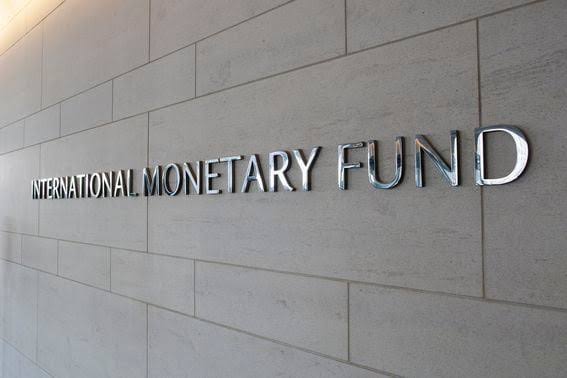The International Monetary Fund (IMF) conducted a review of 19 central banks in the Middle East and Central Asia (ME&CA) area and found that CBDCs may not be necessary to accomplish intended policy goals.
The report also stated that although adopting a CBDC takes careful consideration, it can promote financial inclusion and reduce the cost of financial services. The poll did point out that there might be more sensible alternatives to CBDCs than enhancing existing digital payment systems and addressing underlying limitations.
In order to advise member countries on whether and how to incorporate CBDCs into their different monetary systems, the IMF has been studying the development of these currencies
Furthermore, according to a senior IMF official, “one global CBDC platform that will allow for capital controls could cut payment costs.” The use of CBDCs has been investigated by a number of countries in the ME&CA region, notably Saudi Arabia, whose central bank recently joined a cross-border CBDC experiment with the Bank for International Settlements (BIS) for international trade.
Cash could be replaced by CBDCs in island economies, according to a previous statement made by Kristalina Georgieva, the Managing Director of the IMF. “Ultimately, introducing digital currencies will be a long and complicated process that central banks must approach with care,” the report said.
“Policymakers need to determine if a CBDC serves their country’s objectives and whether the expected benefits outweigh the potential costs, risks for the financial system, and operational risks for the central bank.”
The IMF also issued a warning, stating that as deposits account for over 83% of the funding for the banks in the region, CBDCs may compete with bank deposits, which might have an adverse effect on bank lending and profitability and ultimately affect a country’s financial stability. According to the poll, the 19 central banks in the area are considering issuing a CBDC. Their primary focus is on how CBDCs may improve the efficiency of payment systems and financial inclusion.
“Specifically, in Middle East and North Africa oil exporters and the Gulf Cooperation Council countries, where financial markets are relatively more developed, the priority is making both domestic and cross-border payments more efficient, while for Middle East and North Africa oil importers, the Caucasus and Central Asia, and low-income countries, it is expanding financial inclusion.”
According to the research, adopting CBDCs might only have a little positive impact if other obstacles including poor wealth, mistrust of financial institutions, a lack of identity, and low digital and financial literacy are not addressed.

